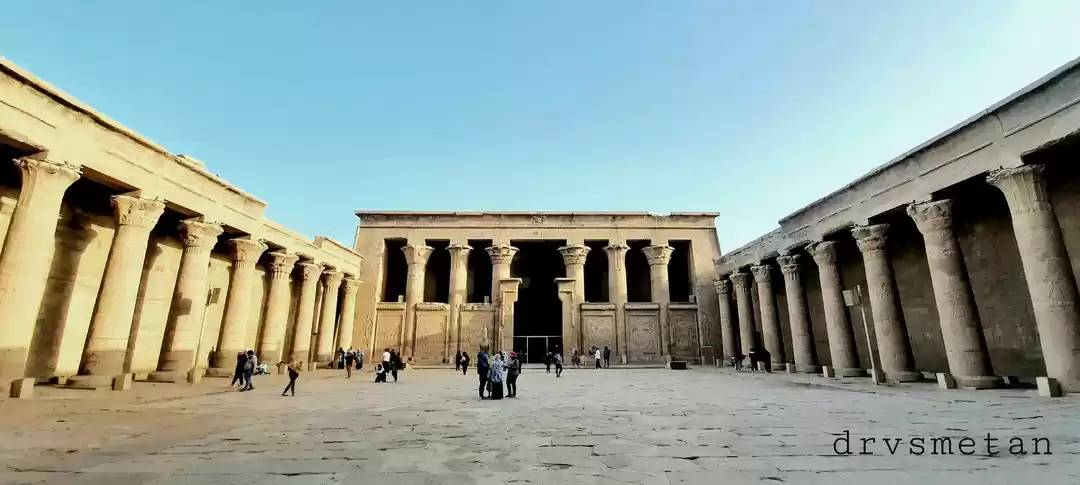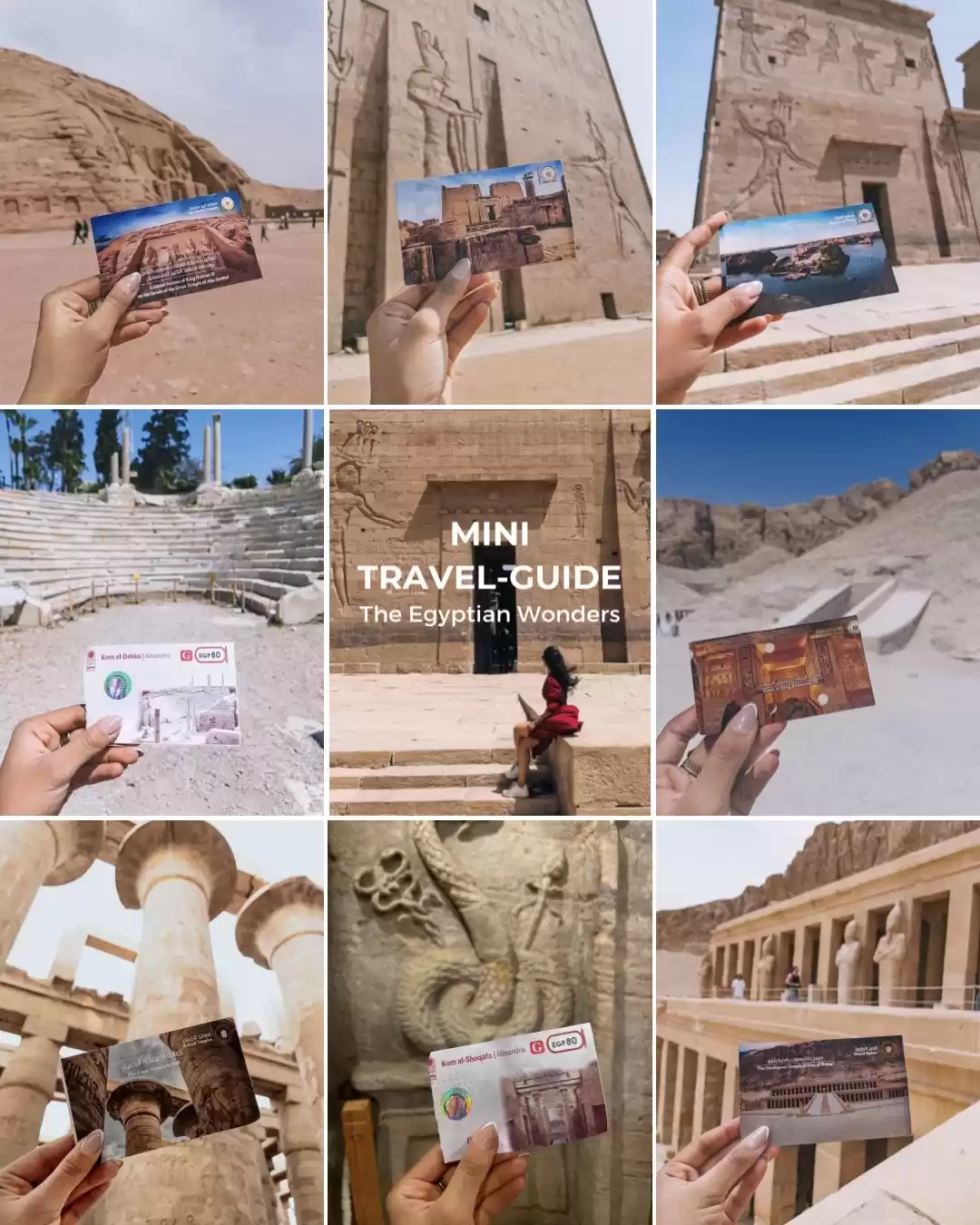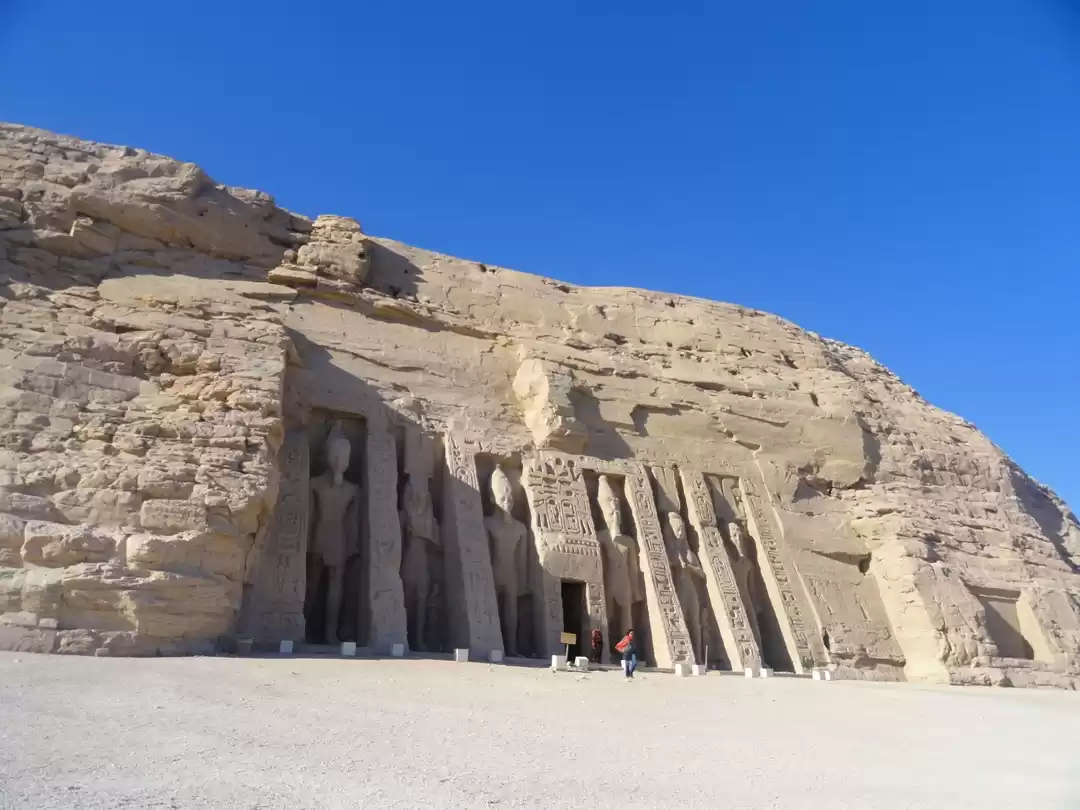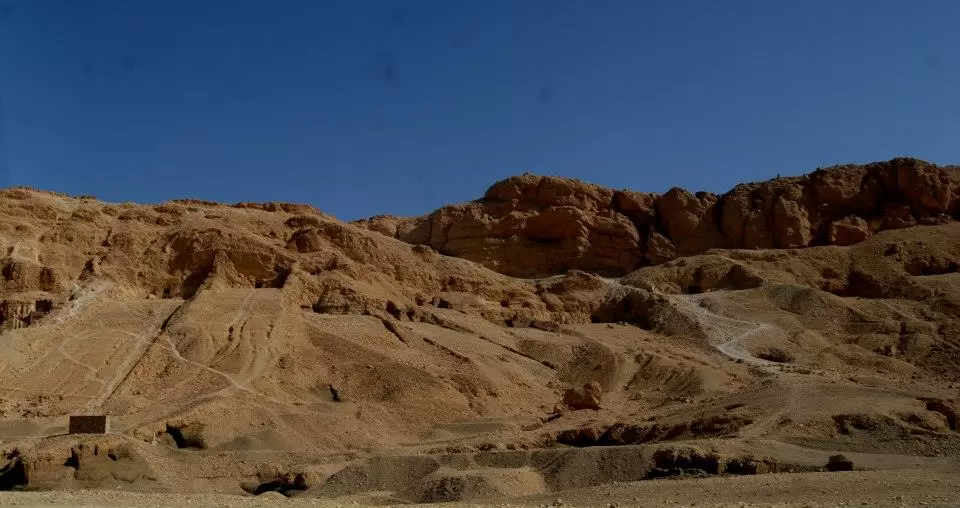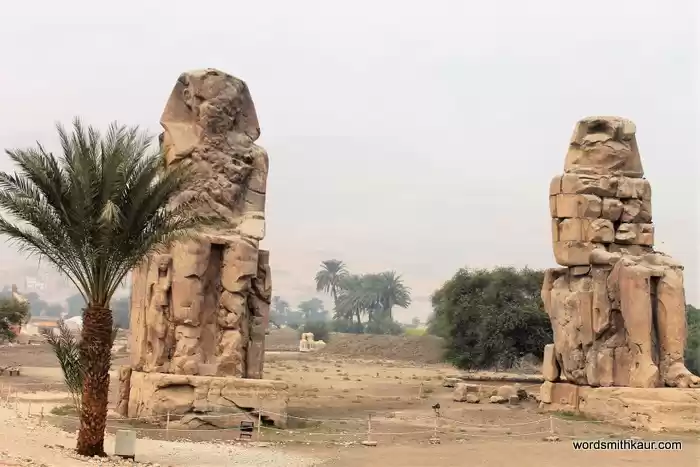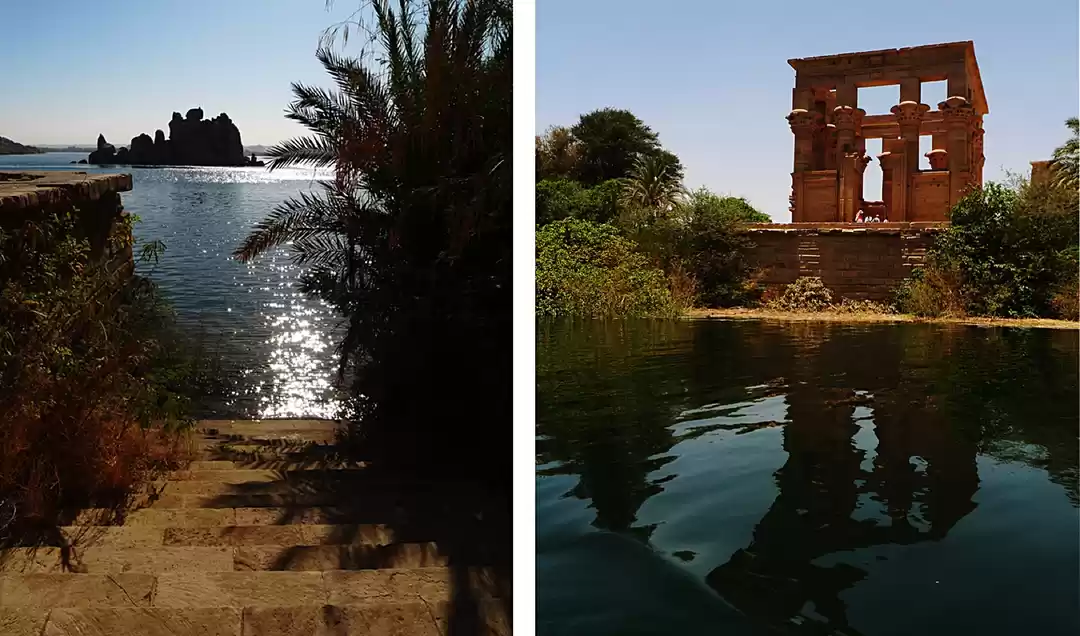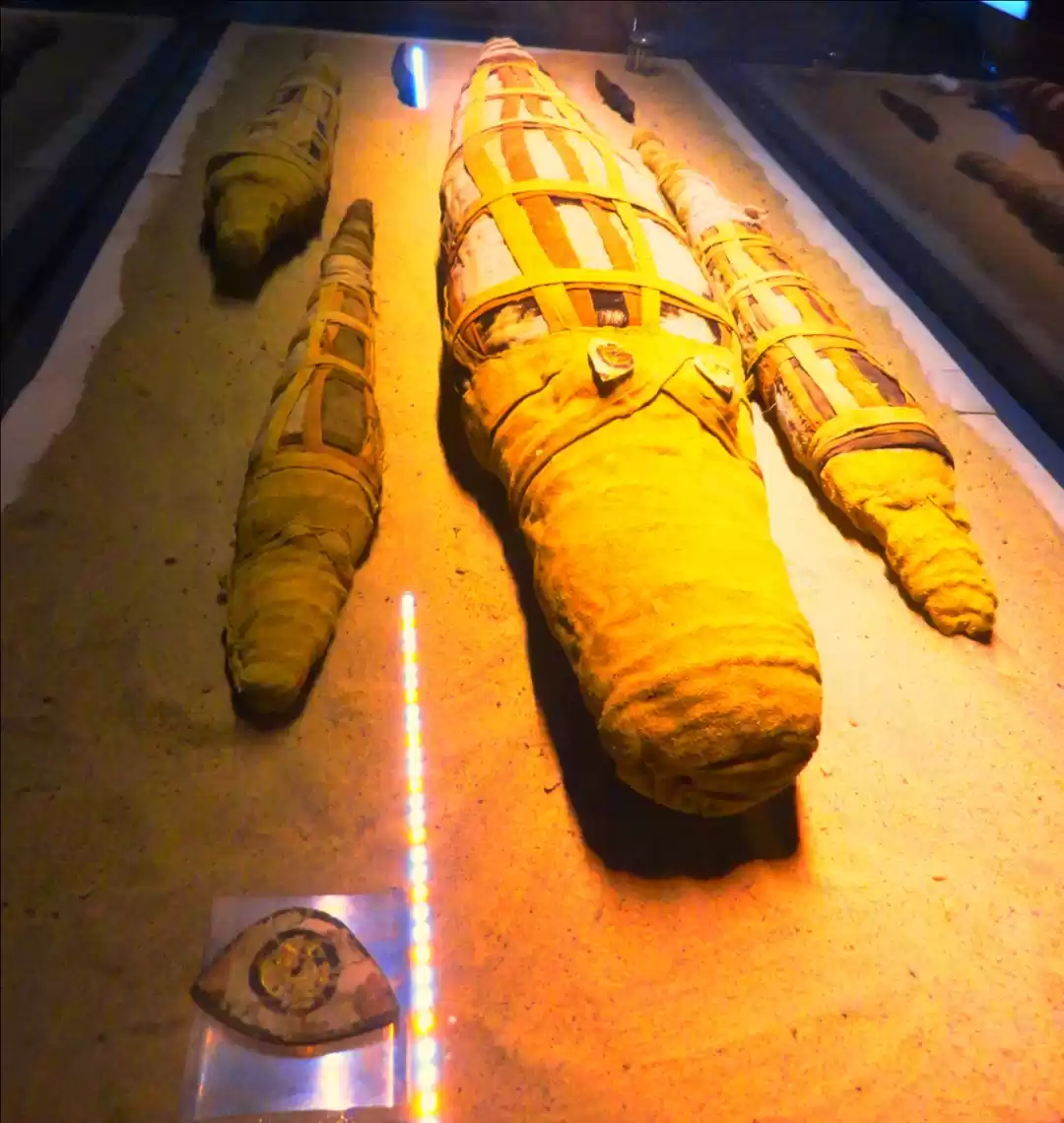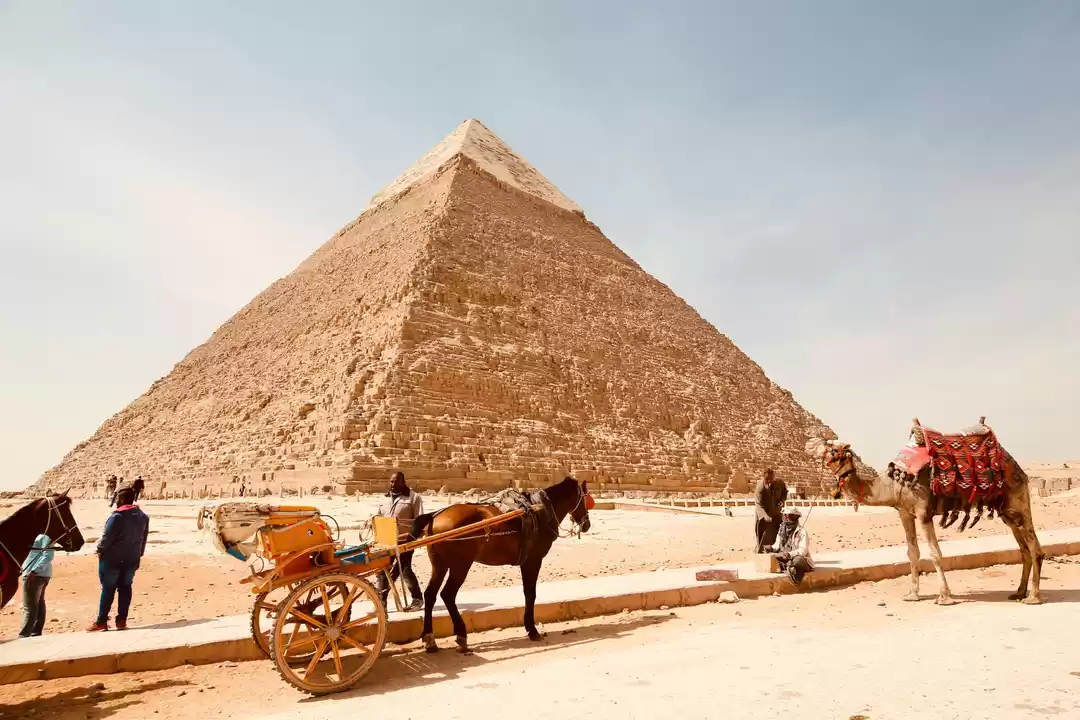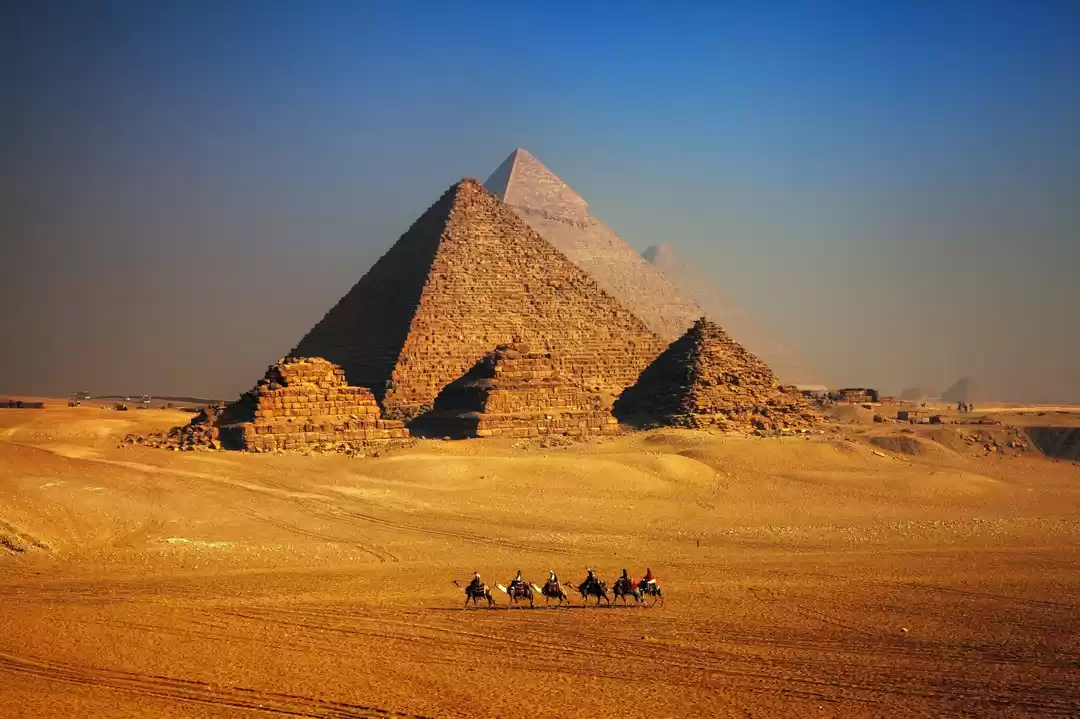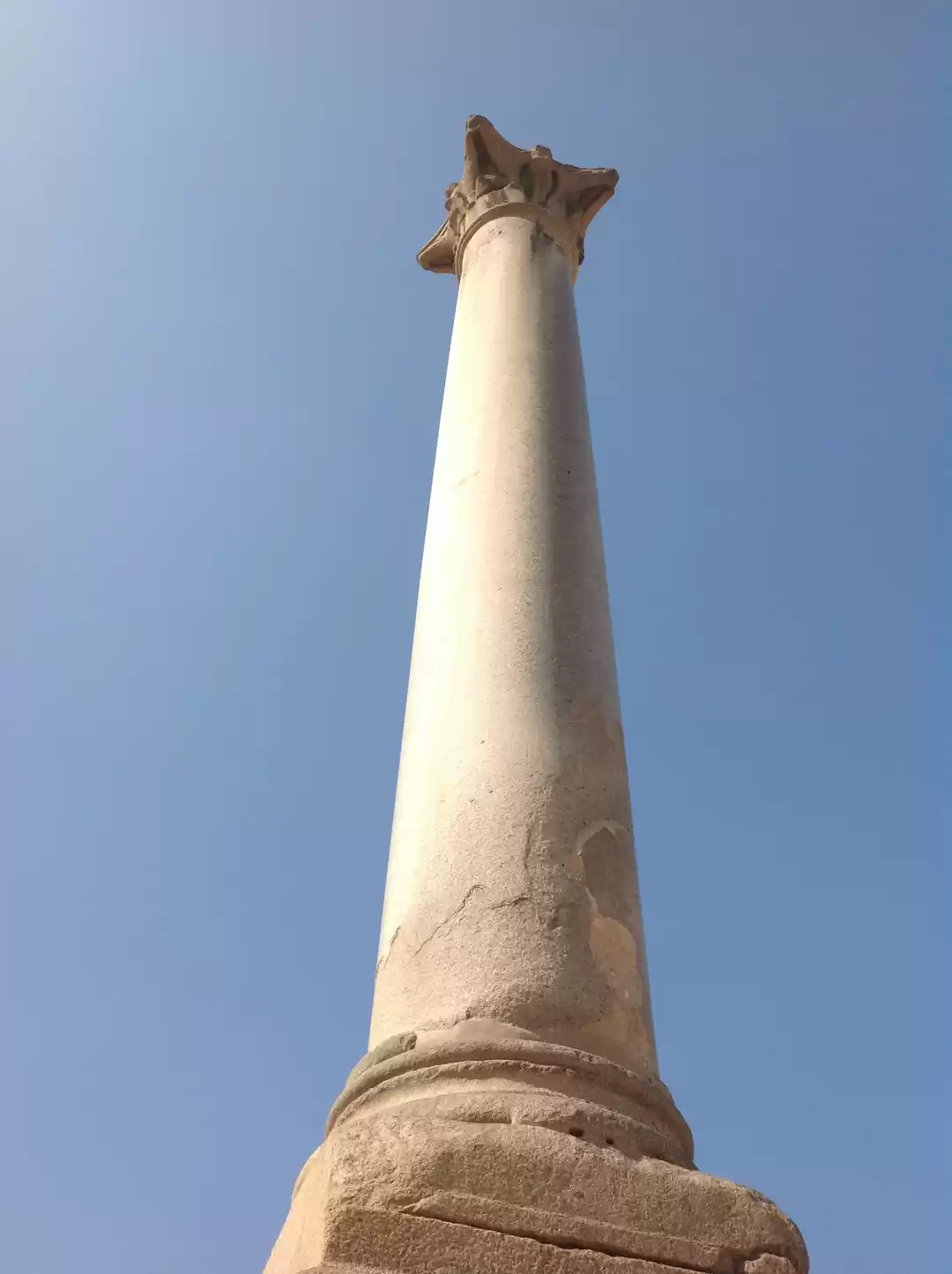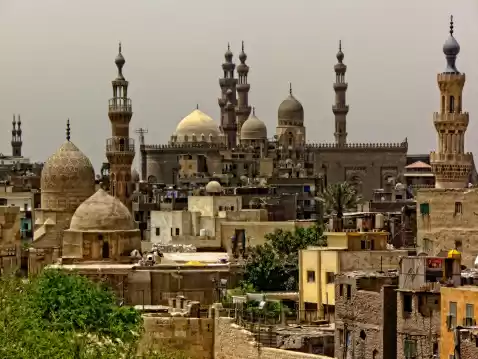
My visit to wonderful Philae Temple, Aswan, Egypt
I was always very much fascinated and attracted by reading the history and monuments of Egypt. It was my wish to visit this historical country Egypt and explore a few important monuments and a Nile river.
I have visited Egypt a few months back and thoroughly enjoyed it. This tour has enriched me to know our past history, culture, and lifestyle.
I do study and read all information about places and cities before visiting them. It makes my job easy as well as I understand the place very well. As there is too much heat I request you to wear a loose cotton dress, carry your hat, goggle, water bottle, umbrella, and camera.
If you want to get at this temple simply take a taxi from Aswan to the Marina Philae Temple, where official boats wait to transport visitors to Agilkia Island. One of the most popular ways to visit the complex is via the Philae Sound and Light Show.

In Aswan I went to Philae temple with my guide in a water boat.

Philae is an island in the reservoir of the Aswan Low Dam, downstream of the Aswan Dam and Lake Nasser, Egypt. Philae was originally located near the expansive First Cataract of the Nile in Upper Egypt and was the site of an Egyptian temple complex.

These rapids and the surrounding area have been variously flooded since the initial construction of the Aswan Low Dam in 1902.
Philae in Greek or Pilak in ancient Egyptian, meaning 'the end,' defined the Southern most limit of Egypt. It was begun by Ptolemy II and completed by the Roman Emperors.

280 BCE. Built during the reign of Ptolemy II (Egypt's Greco-Roman Period), the Temple of Isis at Philae is dedicated to Isis, Osiris, and Horus. The temple walls contain scenes from Egyptian mythology of Isis bringing Osiris back to life, giving birth to Horus, and mummifying Osiris after his death.



The temple complex was dismantled and moved to nearby Agilkia Island as part of the UNESCO Nubia Campaign project, protecting this and other complexes before the 1970 completion of the Aswan High Dam.This Philae Temple was built in 280 BCE during the reign of Ptolemy II, the Temple of Isis at Philae is dedicated to Isis, Osiris, and Horus.

This Philae Temple was built in 280 BCE during the reign of Ptolemy II, the Temple of Isis at Philae is dedicated to Isis, Osiris, and Horus.

The temple walls contain scenes from Egyptian mythology of Isis bringing Osiris back to life, giving birth to Horus, and mummifying Osiris after his death.

The most ancient was a temple for Isis, built in the reign of Nectanebo I during 380-362 BC, which was approached from the river through a double colonnade.

Nekhtnebef was his ancient Egyptian royal titulary and he became the founding pharaoh of the Thirtieth and last native dynasty when he deposed and killed Nepherites II.


Beyond the entrance into the principal court are small temples, one of which, dedicated to Isis, Hathor, and a wide range of deities related to midwifery, is covered with sculptures representing the birth of Ptolemy Philometor, under the figure of the god Horus.

The story of Osiris is everywhere represented on the walls of this temple, and two of its inner chambers are particularly rich in symbolic imagery. Upon the two great propyla are Greek inscriptions intersected and partially destroyed by Egyptian figures cut across them.

For the most part, the other ruins date from the Ptolemaic Kingdom, more especially with the reigns of Ptolemy II Philadelphus, Ptolemy V Epiphanes, and Ptolemy VI Philometor (282-145 BC), with many traces of Roman work in Philae dedicated to Ammon-Osiris.

Temple of Isis at Philae was built by Ptolemy II and completed by the Roman Emperors. Kiosk of Trajan oil painting The Temple was dedicated to the goddess Isis, the wife of Osiris and mother of Horus.

The oldest surviving temple buildings here date from the time of Nectanebo I (circa 370 BC) and the principal deity worshiped was Isis, although Osiris, Nephthys, Hathor, and the cataract gods Khnum and Satet were also venerated.



It was proposed that the temples be relocated, piece by piece, to nearby islands, such as Bigeh or Elephantine. However, the temples' foundations and other architectural supporting structures were strengthened instead.

Although the buildings were physically secure, the island's attractive vegetation and the colors of the temples' reliefs were washed away. Also, the bricks of the Philae temples soon became encrusted with silt and other debris carried by the Nile



Isis was the daughter of the earth god Geb and the sky goddess Nut and the sister of the deities Osiris, Seth, and Nephthys. She was also wife to Osiris, god of the underworld, and bore him a son, Horus.


You will really enjoy boat ride with scenic view of temple. I took few images through boat.



There are luxurious hotels on the islands.

I have enjoyed my journey from Cairo to Aswan by sleeping train.

You can do some shopping at the entrance of the temple.
My visit to this temple took me back to 280 BCE. Whenever I visit historical monuments I get many questions in my mind. My mind starts to think about people's power, intelligence, wealth, creativity, and culture thousands of years back.
If time permits, I am visiting this temple to understand it much better and for the production of the documentary.
Dr. Vyankatesh Metan
Orthopedic surgeon
Traveler
Writer
Landscape photographer
CONNECT ME AT:
E mail: metanvs@gmail.com
Mobile: +91 9370080090
Face book: Vyankatesh S Metan
Instagram: drmetanphtography and/or drvyankateshmetan
Blogger: drvyankateshmetan
Twitter: Dr. Vyankatesh Metan
YouTube: Vision You Tube Channel


